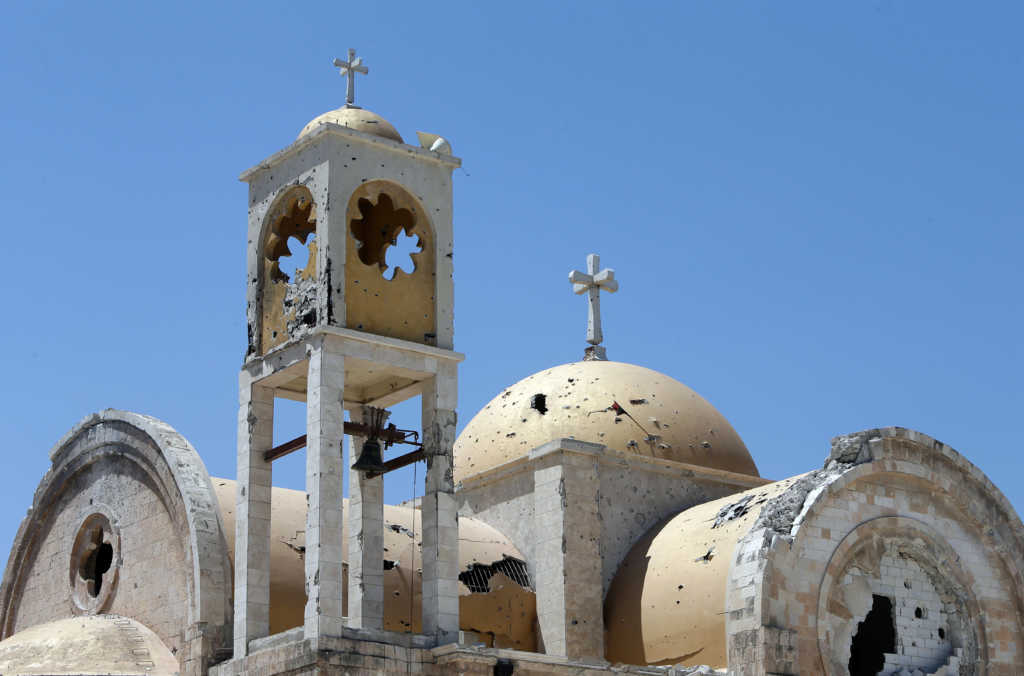Syria is not only dealing with a devastating civil war that’s crippled cities such as Aleppo, they’re also struggling with the rise of the extremist group ISIS. It’s put them in often impossible situations, such as figuring out what to do captives. It’s generally considered undesirable to negotiate deals with terrorists, as it funds further murderous operations – but it also encourages them to continue to use hostages as a revenue source.
On the other hand, fail to do something and it’s likely a death sentence for the captives.
One Bishop was faced with that exact decision and chose to pay the ransom money for 226 Assyrian Christians held hostage by the extremists at $50,000 a head, including a six-year-old little girl.
Assyrian Christians worldwide saw only one option to free more than 200 of their own who were taken hostage by IS in Syria: pay the ransom. pic.twitter.com/fW0UarFTyc
— The Associated Press (@AP) December 5, 2016
Christian Assyrians are based in the Middle East and are thought to be one of the first sect’s of the faith to exist in the world and have routinely faced persecution and the Syrian conflict is no exception.
https://twitter.com/realMattaiTouma/status/801783641835569152
To raise the original $11 million to pay off the terrorists, an action deemed illegal by the American government and the majority of the western world, Assyrian Bishop Mar Afram Athneil had to think about the best steps to handle the situation.
Athnell mulled it over for 72 hours, spoke with the church community across the world before leading the charge in the covert operation to free Parishioners.
The thought about raising the funds seemed daunting but ultimately, they felt necessary. To solicit the funds, the Bishop and others turned to social media but did not reveal that the money would ultimately land in an ISIS bank account.
VIDEO: When Islamic State group kidnapped 226 Assyrian Christians for ransom, the community faced terrible choice. https://t.co/f1Ft2lTgPz
— The Associated Press (@AP) December 6, 2016
Aneki Nissan told Associated Press,”You look at it from the moral side and I get it. If we give them money we’re just feeding into it, and they’re going to kill using that money.”
But “to us, we’re such a small minority that we have to help each other.”
The Christians that became trapped by ISIS were located in the northern area of the country and in February of 2015 their freedom was taken away, when 35 Christian towns were attacked at once in the Khabur Valley.
The specific details of what was actually paid can not be confirmed. But Nissan stresses that, “Honestly, this man should go down as a saint, the things that he’s done, the sacrifices he’s made to help these people.”
“He’s refusing to leave Syria until all his flock is secured.”



